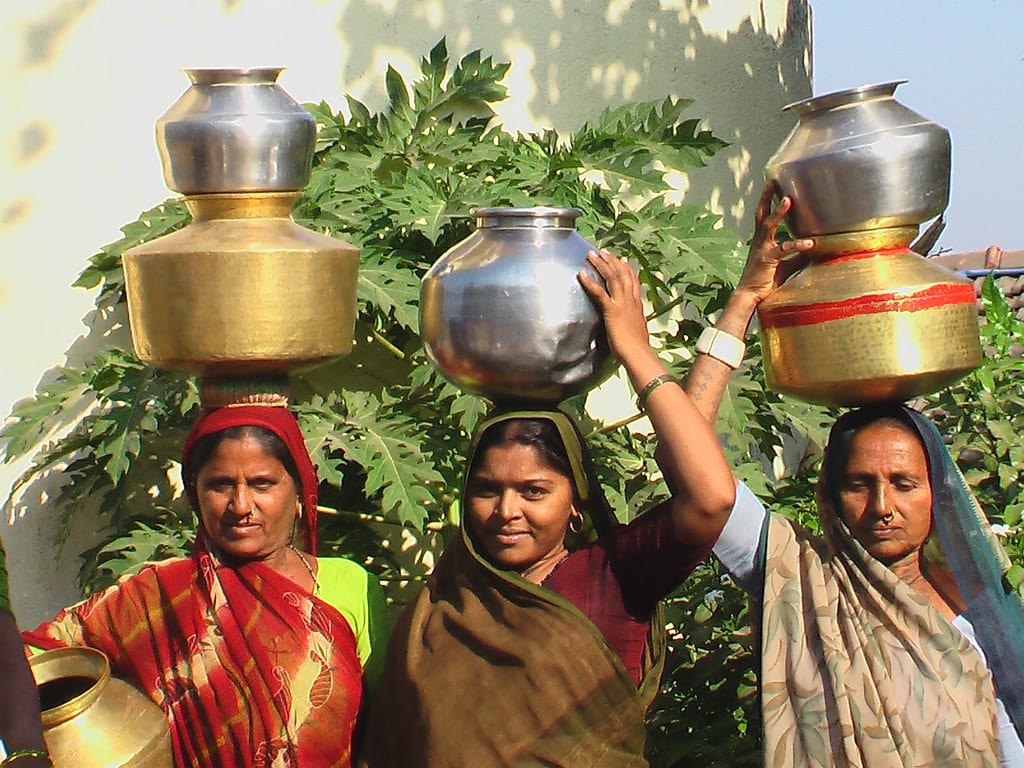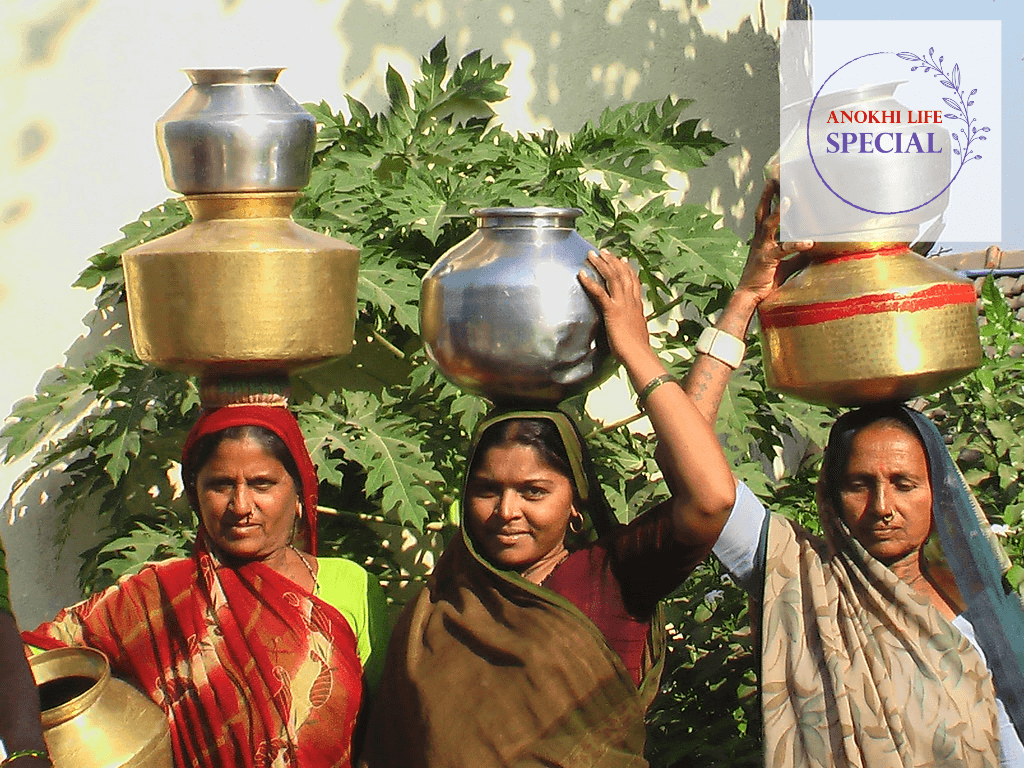Today is World Water Day 2020 and in that spirit we explore if a water treaty among South Asian nations is what’s needed to avoid a disastrous future.
The shortage of clean, affordable water has become a universal problem. South Asian countries (India, Pakistan, Nepal, Afghanistan, Bangladesh, Bhutan) are in no better position and some experts even predict a war. According to a report in the East Asia Forum, the economic developments across the South Asian countries and the lack of sustainable water development strategy is one of the main reasons for the acute water shortage. Increasing the population, ignoring environmental concerns, contamination of surface water are some of the other reasons adding to the problem.
That brings us to the next questions — what about groundwater or surface water? Well, over-exploitation, frequent floods, an increase in pollution and water-borne diseases have depleted the water and have contributed to the water shortage. According to a report in Impakter, there are 23 million pumps that are currently used to extract groundwater across the South Asian countries.

Rewind to a few years ago, when climate change was not coined – several water treaties were signed amongst countries. One of the most important water treaties that were signed between Pakistan and India was the Indus Water Treaty signed by the first Prime Minister of India, Jawaharlal Nehru and President of Pakistan, Ayub Khan.
With a ticking timebomb that could explode at any point in time because of the water scarcity – can a water treaty be signed amongst the nations? With several rivers like Ganga, Chenab, Brahmaputra, and Kabul river flowing through India and its neighbours, can a treaty save these nations? Amongst the political and economic changes occurring rapidly, can a treaty save economies?
We spoke to Himanshu Thakkar, an environmentalist and a coordinator at South Asia Network on Dams, Rivers & People (SANDRP). According to him, a treaty is a high-level agreement and is almost an impossibility in the current political scenario. “Landslides, glaciers melting, floods or scarce rainfalls are all contributing factors to the trans-basic disaster. I believe that water issues need to be addressed form a very local perspective.” Thakkar explains, “A treaty is difficult with the current political conditions. All the countries are reluctant to share information and without transparency and knowledge sharing, a treaty cannot be signed.” However, he also has a positive outlook on the issue and suggests a commission. “I believe a treaty can be signed. A commission to share basic information, work on issues from its grassroots level, and promptly act on issues is what will help all the countries,” he suggests. “And this is not even a full-proof solution but a chance to resolve issues and help the countries from the growing water problem.”
Voicing the popular opinion from Pakistan is Dr. Muhammad Uzair Qamar, working in the Department of Irrigation and Drainage University of Agriculture in Faisalabad. When it comes to a water treaty between India and Pakistan, Dr. Qamar notes, “The first thing that comes to my head is the word impossibility. Lack of attention to the general public and the lack of intent from the governments is the reason why a treaty can never be signed between these countries.”

“Both India and Pakistan are agriculture-based countries.” Dr. Qamar adds,”However, in the past few years — India has moved towards industrial development. Pakistan is yet to move in that direction and thus, continues to rely heavily on the rivers. The main source of foreign income for Pakistan is the export of agriculture products and textiles. Without water, there could even be a breakdown of the economy.
What has us concerned is that Modiji, the Prime Minister of India spoke about diverting the Indus water and breaking the Indus Water Treaty. This could be very dangerous for both countries.” Dr. Qamar continues, “As for the water from Chenab, it has depleted, and we are relying heavily on groundwater. Overall the situation is pretty intense and the clock is ticking.”
Dr. Qamar is positive and hopes for a treaty. “Pakistan and Afghanistan share water from the Kabul River. Afghanistan has started building dams on the river and the Government is in talks to resolve the water crisis. They are also positive about a water treaty amongst the two countries.”
The Brahmaputra, on the other hand, is a river shared by India, Bangladesh, and China and comes with its own set of problems. Resource-sharing, mass dam construction has always been a concern between India and China.
According to a report in Hindustan Times, China had reportedly cut data-sharing with India due to the Doklam standoff in 2017. China also announced that it would temporarily divert Xiabuqu river, a tributary of the Brahmaputra, which is known as the Yarlung Tsangpo in Tibet — due to the construction of a dam. Meanwhile, Bangladesh initiated a water-sharing treaty but was stalled in 2011 due to its failure to conclude.
If a treaty were to be signed, what are some of the tips that the Governments should keep in mind? “The treaty has to include the climate change aspect into it. There should be no development by the river basin. No ecosystem must be disturbed and nothing should affect or change the course of the river. All the countries need to have an intent to resolve the issue. Most importantly, the rivers must not be used as a dumping ground or the drainage water should not flow into the rivers and pollute them. Water resources are precious and we must join hands to save them,” Dr. Qamar concludes.
A water treaty only offers the countries a chance to demonstrate their leadership quality. Water treaty can also improve international reputation, save future generations, help develop the economies, and is a step towards human security.
Main Image Photo Credit: www.impakter.com
Mrinalini Sundar
Author
Mrinalini Sundar (new_girl_in_to) has worked with various Indian national, international publications including Times Of India and is currently based out of Toronto. She's constantly in search of high adventure, exotic food, and new experiences. She is the happiest amidst mountains, with no wi-fi.














































































































